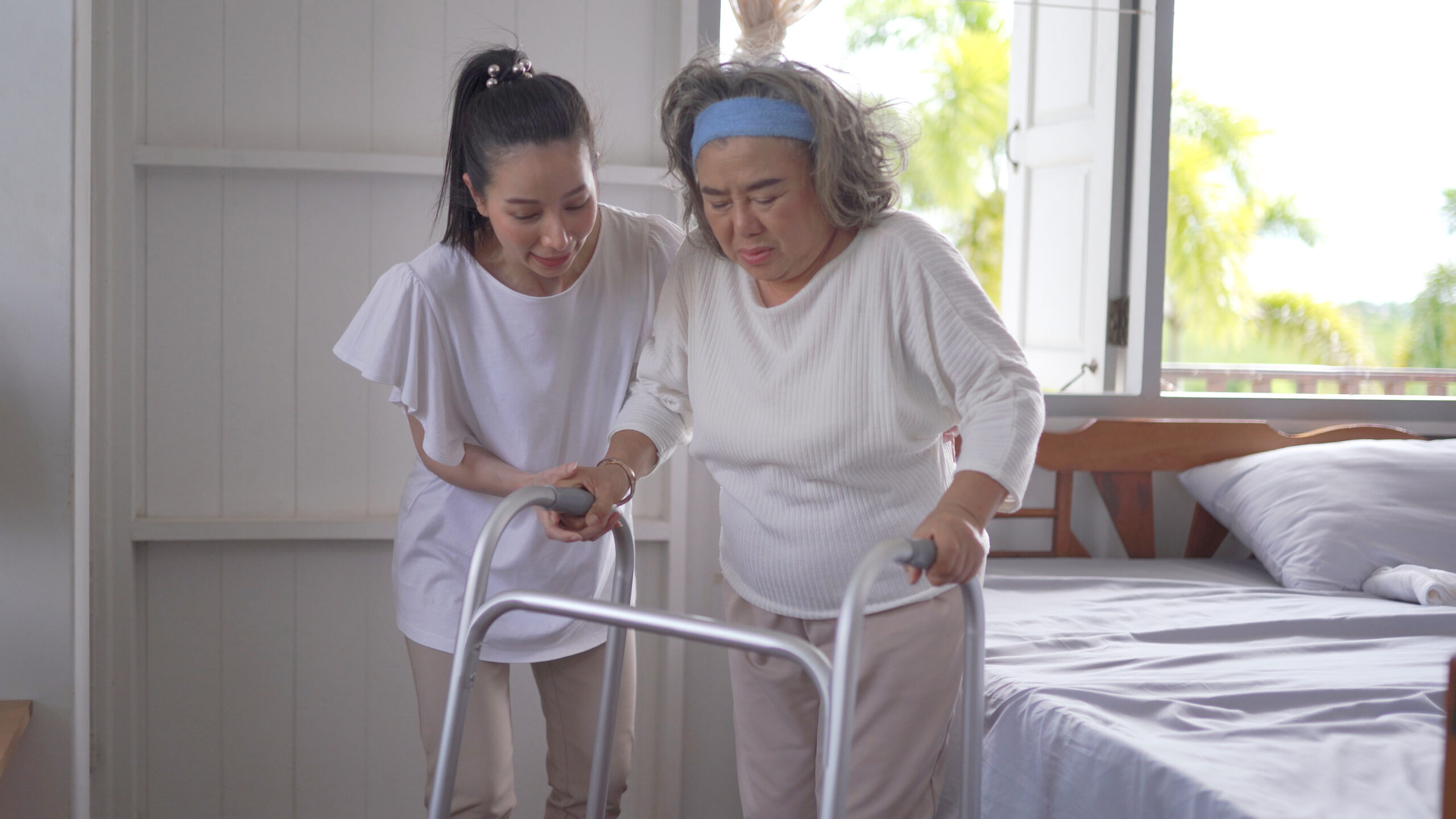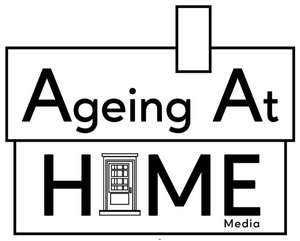5 Pieces of Advice For New Family Caregivers

At first, becoming a new family caregiver can be overwhelming and stressful. However, this journey can be a healthy and happy one for all involved by learning about the services available for your loved one and getting the right support for your new role as a caregiver.
Even though your loved one may require a lot of care, it does not mean that you are the only one that can provide support. There are several services and resources available in the community that are available and can be divided into two categories: Medical and Non-Medical.
Community Medical Support For Caregiving
Medical services are offered through both government and privately run community care agencies. . These services include but not limited to:
- Personal Support Workers
- Nursing
- Occupational Therapy
- Physiotherapy
- Speech Pathology
- Dieticians
To be eligible for services offered through the LHIN, a care coordinator determines via an assessment the most beneficial for your loved one and determines the hours of care per week. Sometimes the hours allotted are not adequate and must be topped up by privately funded services.
Non-Medical Support For Caregiving
These services include:
- Meals on wheels
- Transportation services
- Homemaking services
- Friendly visiting
These services are provided by local community service agencies that are usually non-profit. Community support for family caregivers is just as important as medical services because it allows seniors to remain independent in their homes.
Get Support for the Caregiver
Have you ever heard the quote, “You can’t pour from an empty cup”? This applies to the family caregiver more than ever. Getting that support needed for mental health is essential in preventing burnout and ensuring your loved one continues to get the help they need.
Self-care can also mean doing these following things:
- Getting up in the morning and taking a shower
- Eating 3 healthy meals a day
- Talking to a counsellor
If you are a caregiver for more than one loved one, it can get increasingly difficult to adhere to proper time management. That is why it is also especially important to have somebody you can talk to about your journey, whether it be a support group, a counsellor, or a consultant. Having that support outside of your family life is beneficial to you. You are solely focusing on your needs and disconnecting from the pressures of caregiving.
Watch-out for Caregiver Guilt and Burn-out
One of the most significant barriers that we encounter as family caregivers are the heavy load of guilt. Caregivers tend to feel guilt when seeking help, as it can feel like you are taking time away from your loved one. Caregiver burnout not only impacts their mental health, but it also tends to affect the care of their loved ones. Feeling irritable, angry, impatient, and hopeless are just a few warning signs that a caregiver needs support. To prevent this from happening, we need to find that balance between being a caregiver and living your own life. Practicing that balance means knowing when to step away when you start to feel symptoms of burn out.
You got this!
So, say after me: I can do this; I am capable, and I am important too! The caregiver journey is not an easy one, but it doesn’t have to be negative. You are in this role because you have love to give, a hand to hold and have a shoulder to cry on. You are an incredibly special gift to your loved one, and you are so very appreciated. The more you educate yourself and access the support out there that is available for you, the more beautiful your journey will be.

- 5 Pieces of Advice For New Family Caregivers - October 13, 2020


